The US Supreme Court faces a dilemma, as its ruling could either take away voters' self-determination, or inadvertently give Trump an electoral boost.
The controversy over removing Donald Trump from the Republican Party's primary ballot for the US presidential candidate has begun to spread. Starting with the Colorado Supreme Court ruling that Mr. Trump was ineligible to run in 2024 for "inciting insurrection" to overturn the 2021 election, Maine election officials followed suit on December 28 and removed the former president from the ballot.
The US Supreme Court in Washington is now almost certain to intervene, with the root of the dispute being the interpretation of Section 3 of the 14th Amendment, which bars those who have participated in insurrection or rebellion from holding public office. But they are faced with two uncomfortable political realities surrounding the dispute.
If the Colorado court’s arguments are accepted, the justices at America’s highest judicial body will strip voters of their right to decide who leads the country. If they reject the Colorado court’s interpretation of the 14th Amendment, the ruling will be a major boost for Mr. Trump in his race for the White House, leading many to believe that the Supreme Court is “interfering in the election.”
Either ruling would have serious repercussions for the reputation of the most powerful body in the US court system, as well as for individual judges within it, according to University of Texas law professor Tara Leigh Grove.
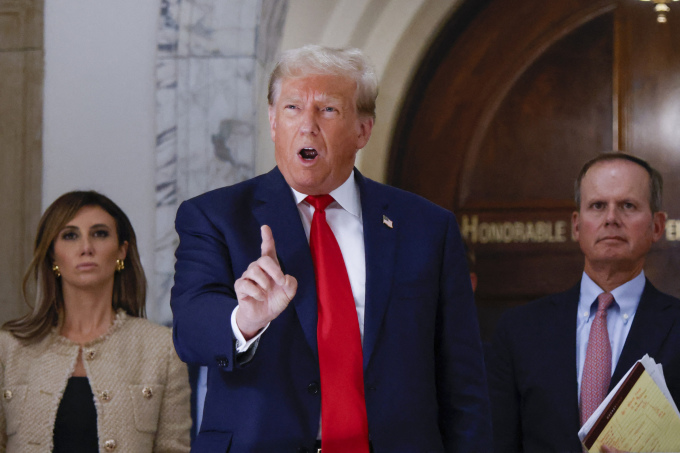
Former US President Donald Trump speaks to the media after the third day of his trial in New York on October 4. Photo: AFP
According to experts, Chief Justice John Roberts will prioritize promoting consensus views on the Supreme Court, or at least avoid creating too much partisan disagreement between the group of six judges nominated by Republican presidents and three judges nominated by Democratic presidents.
Nicholas Stephanopoulos, a law professor at Harvard University, commented that the US Supreme Court has many options to avoid convicting or presuming Mr. Trump of sedition, thereby keeping his name on the ballot in 2024. The judges can cite the First Amendment of the Constitution, judging that the statements that led to Mr. Trump being accused of inciting a riot are still within the scope of free speech.
The justices could also put off the decision to remove Mr. Trump from the ballot by delaying their decision. They could argue that the court has the right to intervene in an election dispute only after a congressional review, or that it can rule on Mr. Trump’s eligibility only after he appears in court on charges of participating in the Capitol riot.
The Colorado Supreme Court's ruling and the Maine Secretary of State's decision are both limited to the primary, but both have agreed to delay implementation until the US Supreme Court issues a ruling. The former US president will theoretically continue to appear on the Republican ballot in the Colorado and Maine primaries, scheduled for early March 2024.
Mr Trump has not been convicted of "insurrection" by any court, although he is being prosecuted in Georgia and a federal court in Washington. Both trials are being delayed because Mr Trump argues he enjoys judicial immunity for acts committed during his presidency.
Special prosecutor Jack Smith, leading the investigation into the January 2022 Capitol riot and the 2021 election meddling, asked the US Supreme Court to rule on Trump's "immunity" under an expedited process to quickly begin the trial, but the court disagreed.
Supreme Court justices could also keep Mr. Trump’s name on the ballot by arguing that Section 3 of the 14th Amendment does not refer to a current or former president.
The 14th Amendment was passed after five years of the American Civil War (1861-1865), to prevent those who had sworn allegiance to the Constitution but had "engaged in rebellion or rebellion" against the country from holding positions in government.
The Colorado court applied this point to conclude that the former president was ineligible to run for office, because he "incited and encouraged the use of force and lawless actions to obstruct the peaceful transfer of power."
The most recent case of Section 3 of the 14th Amendment being invoked was in 2022, in the state of New Mexico. Couy Griffin, a county commissioner, was forced out of office for illegally entering the US Capitol grounds during the riot on June 1, 2022.
The group that used the sedition clause to take Griffin down in court was the Washington-based lobbying group Citizens for Responsibility and Ethics (CRE), which is leading the effort to disqualify Trump using the same tactics used against Griffin.
However, such an application of the 14th Amendment is almost unprecedented in the United States. The "anti-sedition" clause was designed primarily to prevent politicians from the secessionist states during the American Civil War from running for office and controlling the federal government, but the current context is different. This provision has also never been applied to a US presidential candidate.
Professor Stephanopoulos said that the conservative group of justices on the Supreme Court is unlikely to accept the application of the 14th Amendment like Colorado because it is too new and lacks support "over many years from conservative scholars and judges." He noted that the justices also pay a lot of attention to the political prestige in this dispute, both conservative and liberal justices, especially when this is an event that interferes with the election.
"The justices will not want to cause a 'civil war' within the Republican Party by eliminating a candidate supported by the vast majority of Republican voters," he said.
Whether the court rules in Trump's favor or against him, they risk facing the wrath of American voters, whether they oppose or support the former president.
American politics is deeply polarized around Trump, with unprecedented events such as two impeachments while he was in office, the riot at the US Capitol building in January 2022, and a series of lawsuits and prosecutions related to the former president.
“The case is politically risky,” said Derek Muller, a law professor at the University of Notre Dame in Indiana. “The court may consider taking a unanimous position, with a majority vote, to avoid controversy. The unanimous option is likely to be to keep Trump on the ballot.”
Thanh Danh (According to Politico, Straits Times )
Source link



![[Photo] President Luong Cuong receives US Secretary of War Pete Hegseth](https://vphoto.vietnam.vn/thumb/1200x675/vietnam/resource/IMAGE/2025/11/02/1762089839868_ndo_br_1-jpg.webp)

![[Photo] Lam Dong: Images of damage after a suspected lake burst in Tuy Phong](https://vphoto.vietnam.vn/thumb/1200x675/vietnam/resource/IMAGE/2025/11/02/1762078736805_8e7f5424f473782d2162-5118-jpg.webp)


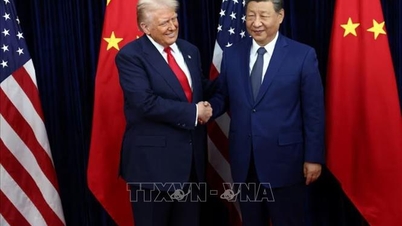

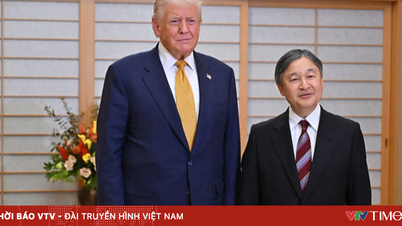



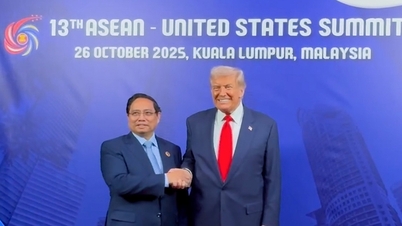

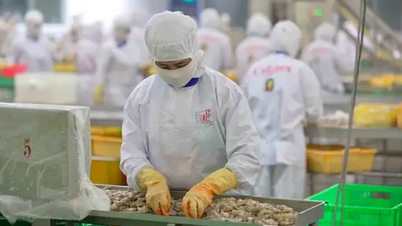

































































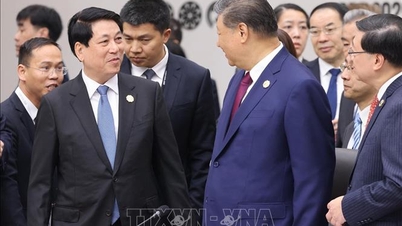





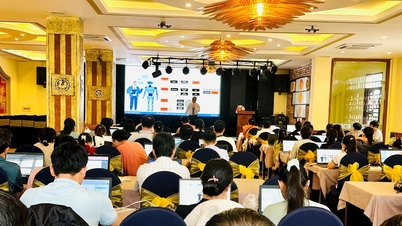






















Comment (0)